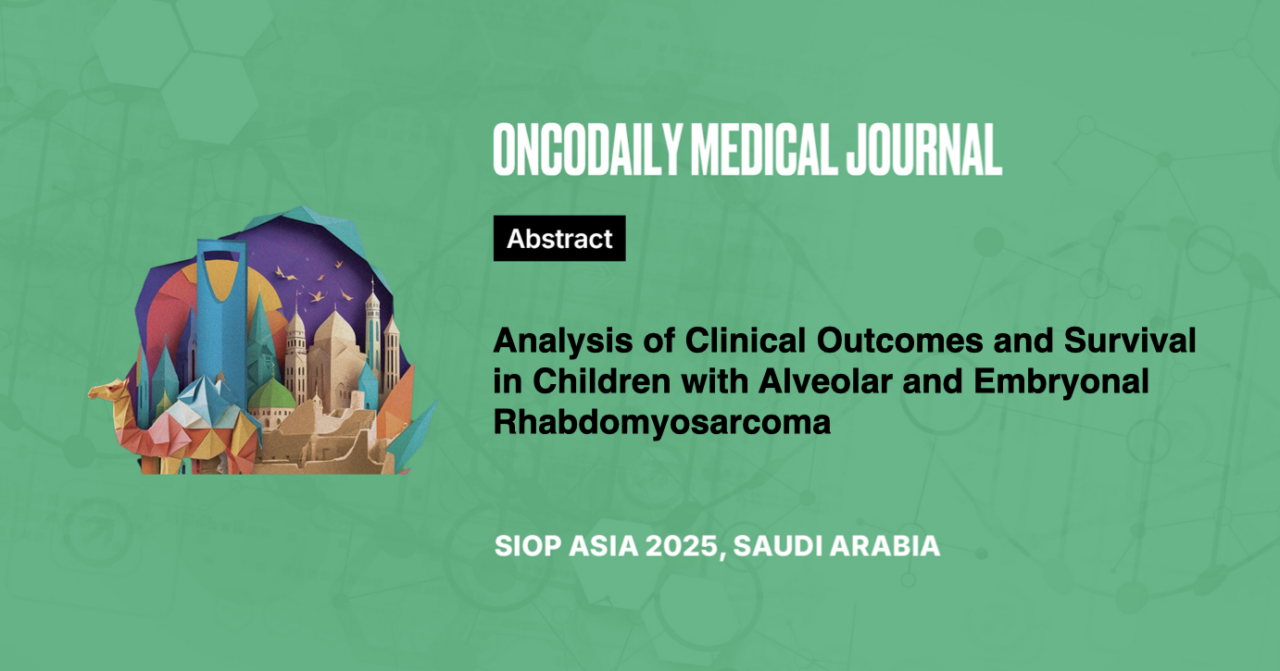Analysis of Clinical Outcomes and Survival in Children with Alveolar and Embryonal Rhabdomyosarcoma
Abstract
Introduction: Alveolar and embryonal rhabdomyosarcoma (RMS) pose significant challenges in pediatric oncology due to their aggressive progression and differences in prognosis, necessitating the development of more effective treatment strategies. Early diagnosis and therapy are particularly important for improving outcomes in patients with metastases, where survival rates remain low.
The aim of the study was to assess the treatment outcomes of children with rhabdomyosarcoma.
Methodology: A retrospective analysis was performed on the medical records of 74 children with confirmed RMS, treated at the Oncology and Hematology Department of the Scientific Center of Pediatrics and Pediatric Surgery from 2013 to 2024.
Results: For embryonal RMS, diagnosed in 41 patients (25 boys, 16 girls; average age: 4.9 years), 81% had localized disease (IRS I-III), and 19% had disseminated disease (IRS IV). The overall survival rate was 64±0.7% (average follow-up: 35±5 months), with higher survival in localized stages (67±0.9%). Survival for IRS I, II, and III was 80±1.9%, 100±0.0%, and 58±1.2%, respectively. In the disseminated stage (IRS IV), survival was 63±2%.
For alveolar RMS, diagnosed in 32 patients (20 boys, 12 girls; average age: 6.7 years), 41% had localized disease, and 59% had disseminated disease. The overall survival rate was 21±0.7% average follow-up: 25±5 months). For the localized stage, survival was 28±1.2%, with better outcomes in those with incomplete tumor resection (39±1.5%). In disseminated disease (IRS IV), survival was 15±1%.
Conclusion: Alveolar and embryonal rhabdomyosarcoma show significant differences in survival and clinical outcomes. Alveolar RMS is more aggressive, with a survival rate of 21±0.7% compared to 60±0.7% for embryonal RMS. Early diagnosis and intervention are crucial for improving treatment efficacy. Further research is needed to optimize therapeutic approaches and improve survival in these pediatric sarcomas.





